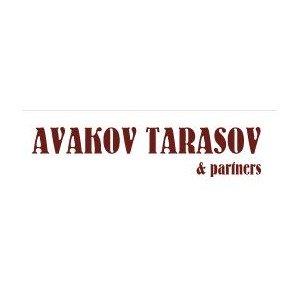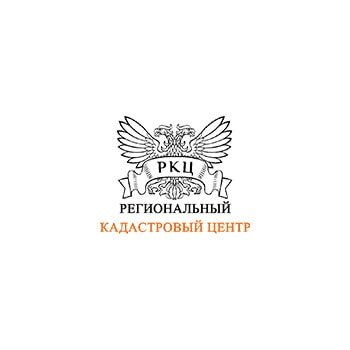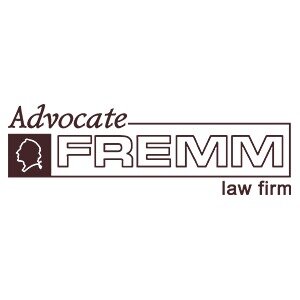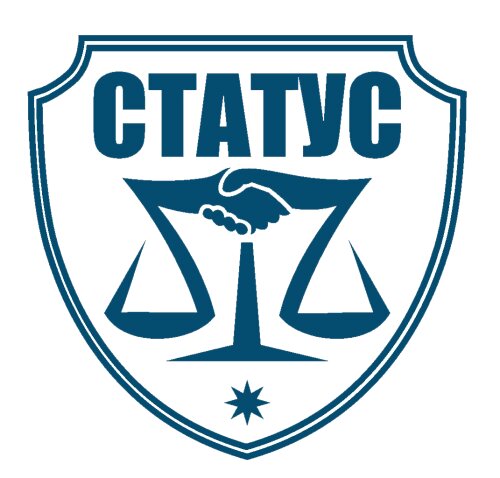Best Landlord & Tenant Lawyers in Russia
Share your needs with us, get contacted by law firms.
Free. Takes 2 min.
Free Guide to Hiring a Real Estate Lawyer
Or refine your search by selecting a city:
List of the best lawyers in Russia
About Landlord & Tenant Law in Russia
The legal framework governing landlord and tenant relations in Russia is primarily outlined in the Civil Code of the Russian Federation and the Housing Code. These laws regulate the rights and obligations of landlords and tenants, establishing fundamental principles for lease agreements, the use of residential premises, and the resolution of disputes. The legislation aims to create a balanced relationship, ensuring both parties fulfill their contractual obligations. Understanding this legal landscape is crucial for anyone involved in rental agreements, whether as a landlord or tenant.
Why You May Need a Lawyer
There are several scenarios in which an individual may require legal assistance in landlord and tenant matters in Russia:
- Drafting or reviewing lease agreements to ensure they comply with legal standards and protect your interests.
- Handling disputes arising from breaches of contract, such as non-payment of rent or eviction proceedings.
- Navigating issues related to property maintenance, repairs, or utility disputes.
- Resolving conflicts regarding lease terminations, renewals, or security deposits.
- Representing your interests in court, if necessary, to address any legal disputes.
Local Laws Overview
Landlord and tenant matters in Russia are governed by the following key legislative frameworks:
- The Civil Code: Provides the general legal framework for lease agreements, including rental terms and conditions.
- The Housing Code: Specifically focuses on residential premises, ensuring the rights of tenants to safe and habitable living conditions.
- Consumer Rights Protection Law: Offers protection for tenants as consumers, ensuring fairness in rental transactions.
Landlords and tenants must adhere to these laws to ensure a legally sound and mutually beneficial tenancy. Understanding these regulations is essential for avoiding legal conflicts and ensuring compliance.
Frequently Asked Questions
1. How long is a typical rental agreement in Russia?
Rental agreements commonly last for either one year or several years, but they can be negotiated for different durations based on mutual consent.
2. Can a landlord raise the rent before the lease ends?
A landlord cannot unilaterally increase the rent during a fixed-term lease unless otherwise specified in the agreement. Any changes require both parties' consent.
3. What are my rights regarding property repairs?
Tenants have the right to demand necessary repairs to maintain a habitable living environment. It is the landlord's responsibility to address such repairs unless the damage is due to tenant negligence.
4. How much notice is required for terminating a lease?
Termination notices typically require a minimum of three months' notice, unless otherwise specified in the contract. It's essential to review the lease agreement for specific terms.
5. Is it common to request a security deposit?
Yes, landlords often require a security deposit. The amount is usually one to two months' rent, refundable at the lease's end provided no damage is incurred.
6. Are tenant rights protected against eviction?
Tenants are protected under Russian law and can only be evicted through a court decision if found in violation of contract terms.
7. Can landlords enter leased premises at any time?
No, landlords cannot enter rented properties without the tenant's consent, except in emergencies or as permitted by the lease agreement.
8. What happens if my landlord sells the property?
If a rental property is sold, the new owner must honor the existing lease agreement until it expires.
9. How are utilities typically handled in rental agreements?
Utility payments can be included in the rent or paid separately by the tenant. Specifics should be clearly outlined in the lease agreement.
10. Can I sublet my apartment?
Subletting is generally permissible with the landlord’s written consent. The lease agreement should specify the conditions for subletting.
Additional Resources
For further assistance, consider reaching out to the following resources:
- Ministry of Construction, Housing, and Utilities of the Russian Federation: Provides guidelines and policies related to housing.
- Public Consumer Initiative: Offers advice on rent disputes and tenant rights.
- Legal Aid Centers: Provide free or low-cost legal counseling regarding tenant and landlord conflicts.
Next Steps
If you require legal assistance in landlord and tenant issues in Russia, consider the following steps:
- Contact a qualified lawyer specializing in landlord and tenant law to discuss your specific situation.
- Gather all relevant documentation, such as lease agreements, correspondence with the landlord/tenant, and any records of disputes or repairs.
- Reach out to local legal aid organizations for initial advice if you're unable to afford private legal counsel.
- Remain informed about your legal rights and stay proactive in resolving any issues through negotiation or, if necessary, through legal proceedings.
Lawzana helps you find the best lawyers and law firms in Russia through a curated and pre-screened list of qualified legal professionals. Our platform offers rankings and detailed profiles of attorneys and law firms, allowing you to compare based on practice areas, including Landlord & Tenant, experience, and client feedback.
Each profile includes a description of the firm's areas of practice, client reviews, team members and partners, year of establishment, spoken languages, office locations, contact information, social media presence, and any published articles or resources. Most firms on our platform speak English and are experienced in both local and international legal matters.
Get a quote from top-rated law firms in Russia — quickly, securely, and without unnecessary hassle.
Disclaimer:
The information provided on this page is for general informational purposes only and does not constitute legal advice. While we strive to ensure the accuracy and relevance of the content, legal information may change over time, and interpretations of the law can vary. You should always consult with a qualified legal professional for advice specific to your situation.
We disclaim all liability for actions taken or not taken based on the content of this page. If you believe any information is incorrect or outdated, please contact us, and we will review and update it where appropriate.
Browse landlord & tenant law firms by city in Russia
Refine your search by selecting a city.
















